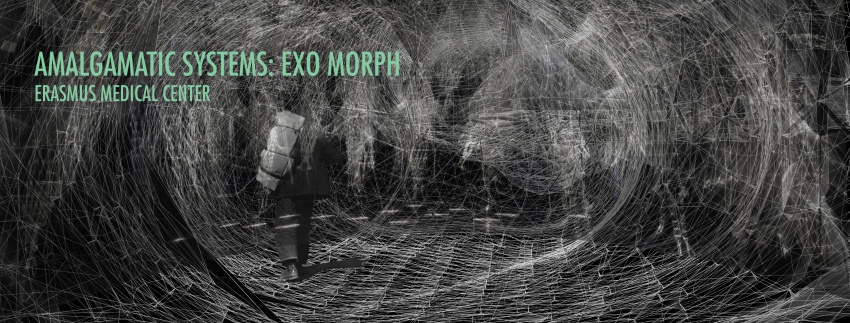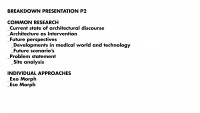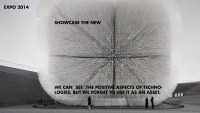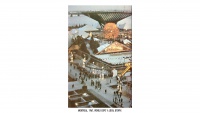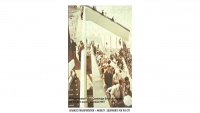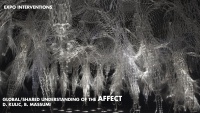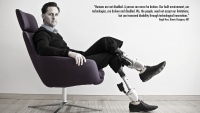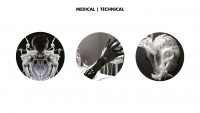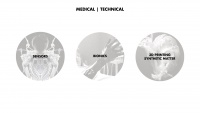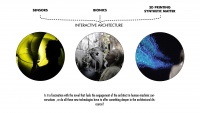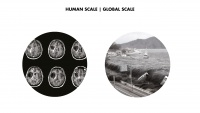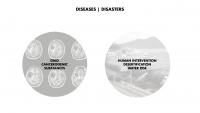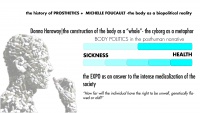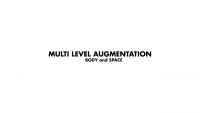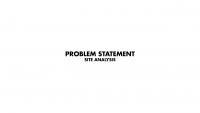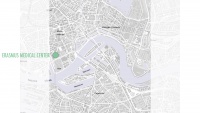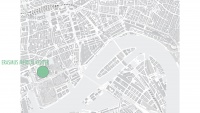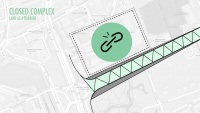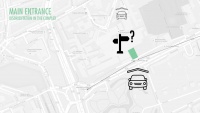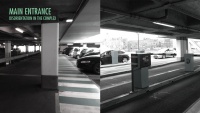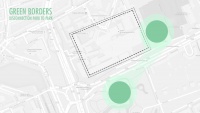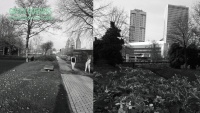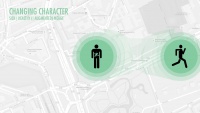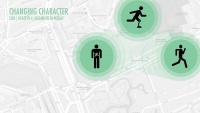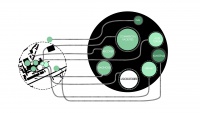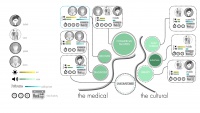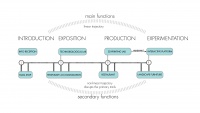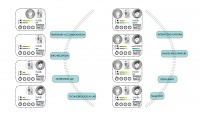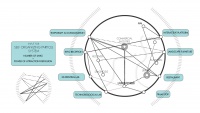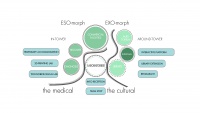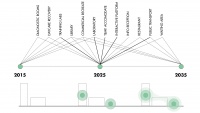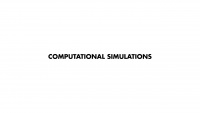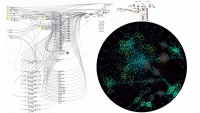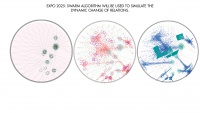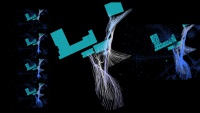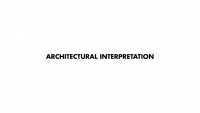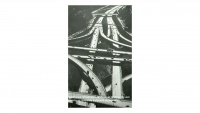Difference between revisions of "project06:P2"
(→P2 Presentation) |
(→P2 Presentation) |
||
| Line 17: | Line 17: | ||
| − | ''' | + | '''Common Research'''<br /> |
[[File:Amalgamatic Systems.jpg| 200px]] | [[File:Amalgamatic Systems.jpg| 200px]] | ||
| Line 37: | Line 37: | ||
[[File:Amalgamatic Systems17.jpg| 200px]] | [[File:Amalgamatic Systems17.jpg| 200px]] | ||
[[File:Amalgamatic Systems18.jpg| 200px]] | [[File:Amalgamatic Systems18.jpg| 200px]] | ||
| + | [[File:Amalgamatic Systems19.jpg| 200px]] | ||
| + | [[File:Amalgamatic Systems20.jpg| 200px]] | ||
| + | [[File:Amalgamatic Systems21.jpg| 200px]] | ||
| + | [[File:Amalgamatic Systems22.jpg| 200px]] | ||
| + | [[File:Amalgamatic Systems23.jpg| 200px]] | ||
| + | [[File:Amalgamatic Systems24.jpg| 200px]] | ||
| + | [[File:Amalgamatic Systems25.jpg| 200px]] | ||
| + | [[File:Amalgamatic Systems26.jpg| 200px]] | ||
| + | [[File:Amalgamatic Systems27.jpg| 200px]] | ||
| + | [[File:Amalgamatic Systems28.jpg| 200px]] | ||
| + | [[File:Amalgamatic Systems29.jpg| 200px]] | ||
| + | [[File:Amalgamatic Systems30.jpg| 200px]] | ||
| + | [[File:Amalgamatic Systems31.jpg| 200px]] | ||
| + | [[File:Amalgamatic Systems32.jpg| 200px]] | ||
| + | [[File:Amalgamatic Systems33.jpg| 200px]] | ||
| + | [[File:Amalgamatic Systems34.jpg| 200px]] | ||
| + | [[File:Amalgamatic Systems35.jpg| 200px]] | ||
| + | [[File:Amalgamatic Systems36.jpg| 200px]] | ||
Revision as of 14:25, 20 January 2016
Amalgamatic Systems: Exo Morph
P2 Presentation
Abstract
Location: Erasmus Medical Center, Rotterdam The problem of current contemporary architecture is the fact that it is often alone-standing and not attached or adding value to its environment. To change it, we formulated a strategy to give a value to the existing complex of Erasmus Medical Centre. Right now, the complex has problems with the entrances and the circulation. People entering the complex are getting often disoriented. The complex has green borders, but is not attached with it. The complex is very alone standing, the road on the south side of the complex is seperating the complex from its surroundings even more. A public transportation from the north to the south side (the two parks) are also necessary for the public flow. A merge of the public landscape and the interactive built environment is important to establish qualitative character for this area. The goal of this architectural assignment is to design a building that mainly 'reconnects': both on a physical as well as on a social level, the Erasmus Medical Centre and the project location to its direct surrounding and to the city of Rotterdam. There should be explicit connection between the dynamic factors (environmental, use, public flow) and the outcome of the design process. The injection of a variety of program-functions and the formation of public transport-circulation will be the main design goals. Merging into the existing built environment will shape an interesting connecting point. Defining a parametric framework helps to establish the focus on main aspects in sake of the architectural and environmental qualities. The aim is to use a bottom-up strategy to fulfil the program. The simulations are a great tool to sustain by advances in digital fabrication techniques. Also, the simulations are especially essential in sake of the design of the interactive platforms. The behavioural diagram for the system needs to be designed through many trials, hence designing behaviour on an architecture level is new and on an experimental level. For this we need to develop the Intrinsic Adaptive Curiosity, described by Dana Kulic, to add a character to the system instead of designing a model which will be perceived. by the user as a pre-scripted system.
Common Research
